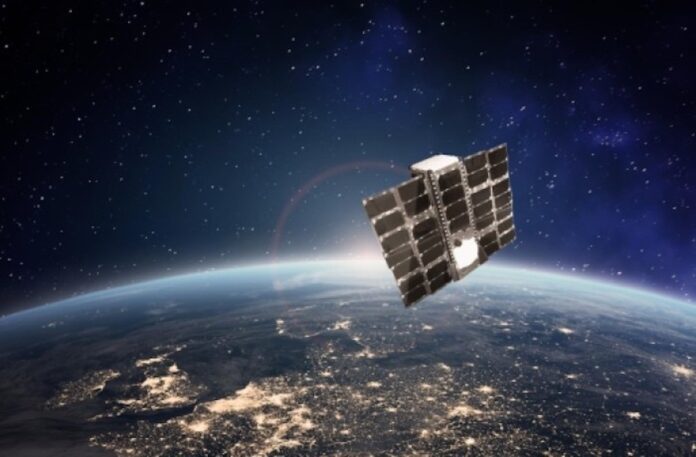Virgin was gravitationally challenged
Two satellite comms services went on markedly different trajectories this week. Sateliot has adopted standards that will expedite the creation of internet of things that will rejuvenate industries such as agriculture, logistics and energy. Virgin Orbit, however has suffered possibly fatal loss of confidence.
Virgin Orbit (VO) is turning to mothball technology for now, after parent company had invested $1billion in the project and injected another $60m in November. The symptoms are not good for the ailing company, according to a report in Telecom TV, which noted that all VO staff have been put on a paid furlough “with immediate effect and company has delayed the date for paying their salaries by seven days.
An update on its “operational pause” has been promised for Wednesday “or Thursday” next week and it’s thought the company is desperately protecting its funds from anxious creditors. The last financial update for Q3 2022, issued last November, said it had $71.2m in cash and an adjusted EBITDA loss of $42.9m. The $60m it raised in November 2022, however, represents debt from its parent Virgin Group which, according to TelecomTV’s analysis, now has priority on Virgin Orbit’s assets should it fall into receivership. The Virgin Orbit share price has also crashed to earth, plunging from $10 in December 2021, to a reading of $0.68 now. Its fourth-quarter results are overdue and unpublished.
The problem was not helped by January’s failed launch of a satellite above the UK’s west country which saved money by using a modified Virgin Airlines Boeing 747 jumbo jet. The Cosmic Girl rose from Newquay airport in Cornwall carrying the rocket underwing. Once in the air the rocket motor fired but a fuel pump filter malfunctioned and the stage two engine overheated. The rocket and its satellite payload fell into the Atlantic Ocean and the debris was unrecoverable.
Correction: A spokeswoman for Virgin Orbit has pointed out that Virgin Orbit has so far made four successful launches. Prior to the Start Me Up mission, every customer satellite launched by Virgin Orbit had reached its desired orbit.
Virgin Orbit CEO Dan Hart has told staff that the temporary closure will provide breathing space and allow time for management to come up with a rescue package. A news release promised an update on “go-forward operations” in weeks to come. Rumours of Virgin Orbit’s demise were fuelled on Tuesday when Hart failed to appear as planned on a panel discussion at the Satellite 2023 conference in Washington DC.
In other satellite comms news, Sateliot has become the industry’s first satellite operator to become a member of the Global Certification Forum (GCF). Sateliot’s low earth orbital (LEO) constellation beams narrowband comms signals for the Internet of Things (NB-IoT) from space under the 3GPP standard.
This is a powerful boost for Sateliot as the agreement aligns and hastens the delivery of standard IoT chipsets and modules. These bear the reassuring hallmark of being 3GPP Rel-17 NTN LEO-supported. The GCF certification programme is a guarantee of device-network interoperability, which obviates the time and money involved in testing. Ultimately, it should get products to market quicker and attract partners that have confidence in working with them. A massive contrast to Virgin Orbit.
There are sectors like agriculture, transport and logistics desperate to be mobilised by NB-IoT, according to Gianluca Redolfi, Sateliot’s CCO. “This sends a clear message that soon IoT devices will work under standard protocols as they do on terrestrial comms.”
Now that Sateliot is the first operator join the forum there will be an influx of other players said Lars Nielsen, GCF’s CEO Forum. “We anticipate other satellite operators and manufacturers will follow, making interoperable, standards a reality soon,” said Nielson. The first outcomes of this interoperability between satellite and cellular are expected by the end of 2023, allowing single devices to access two different connectivity modes (terrestrial and non-terrestrial).



